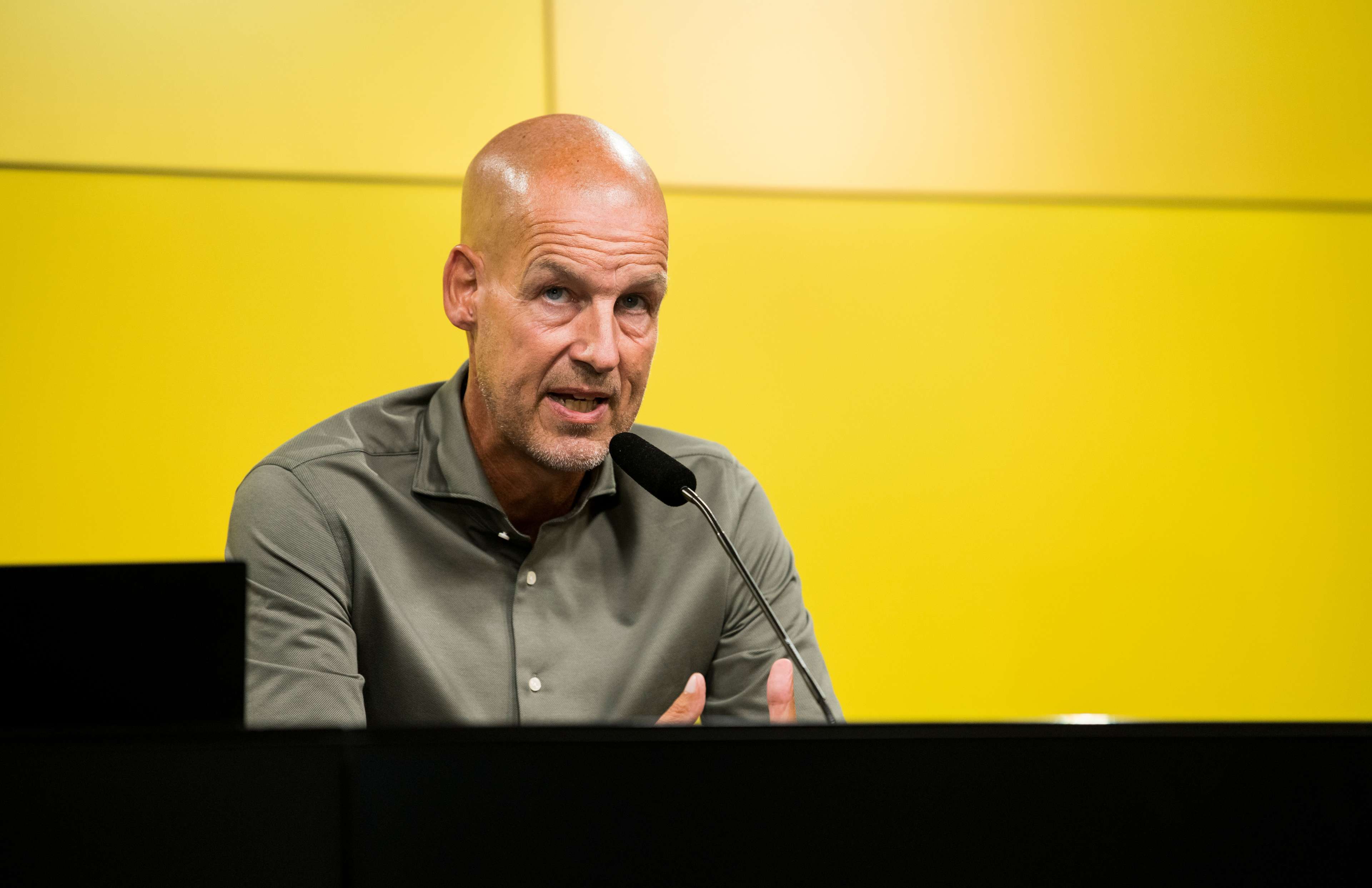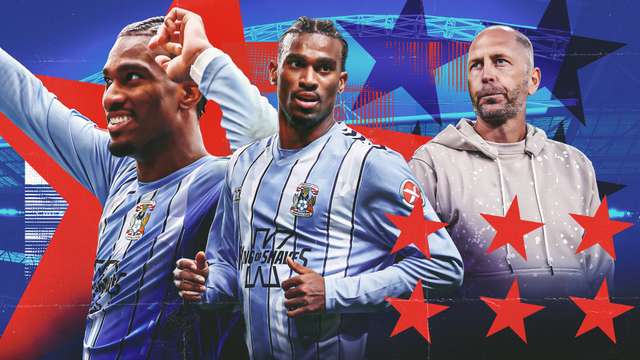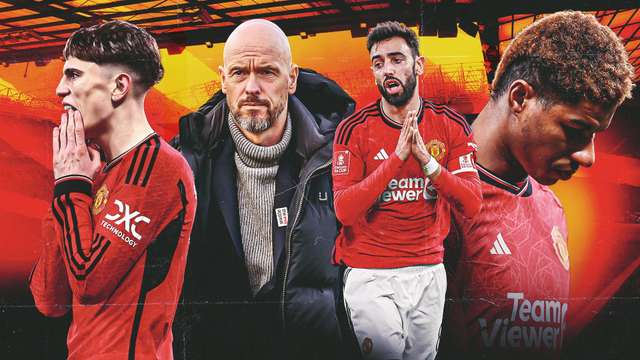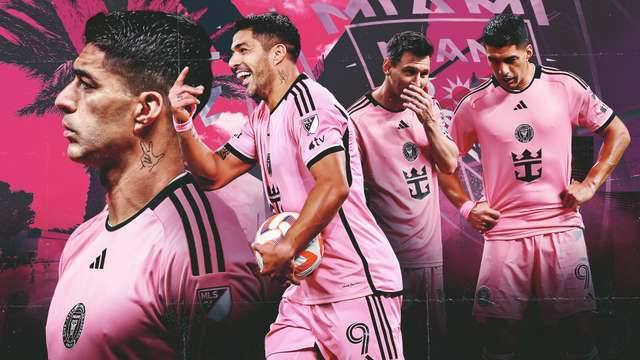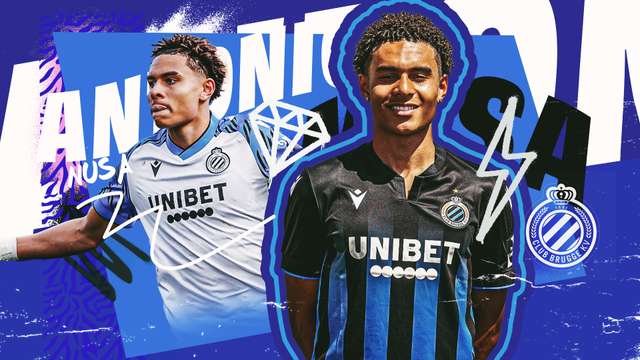“Have you been to Dortmund before?” he asks, before trumpeting the atmosphere of Dortmund’s stadium, SIGNAL IDUNA PARK. “Okay, this is a serious invitation. Because the moment that you experience [the atmosphere of the stadium], you will feel the difference. 81,000 supporters, 28,000 of whom are standing, create an atmosphere which is not only unique and special but is intense,”
Carsten said in an exclusive interviewwith GOAL.“The people don’t spend their brains on us. They spend their hearts, their passion, their love, and their emotion. And that makes it special. You have to feel the experience. You have to see the Yellow Wall. The people are crazy and they make Dortmund special and different.”That is no trivial detail for a guy who has travelled around the globe, in and out of the world's most famous football cathedrals.
With iconic stadia often come iconic moments, and the Westfalenstadion is no different. The hallowed turf has played host to multiple Bundesliga and UEFA Champions League winning sides, including the likes of all-time legends Shinji Kagawa, Marco Reus, Lars Ricken and more. It truly is a catalogue of glittering historical moments, but if you ask Mr Carsten to pick a highlight, there’s no doubt in his mind.
Next Match
“Well, the Malaga game (3-2 win in the Champions League quarter-finals in 2013) where we scored two goals in extra time and we qualified for the next round of the Champions League. It was the year where we reached the final. That was a terrific moment when Felipe Santana scored in the 90+3 minute. I still remember many other games, but the most important moment is always before kickoff because then you feel the swing and the power of the stadium. How the stadium can influence the players and that’s a great moment. And it makes me one of the happiest people working for and representing this club. Makes me very proud.”
With the ups, come the downs, however, and a big one came in 2020 in the form of the COVID-19 pandemic. The months without football, and games behind closed doors when it did eventually resume, took a massive toll on the entire footballing world. However, Carsten was able to find some positive elements from the event.
“Definitely, digitalisation. The possibility, through mobile and digital devices, to stay in contact with all of our supporters around the world. We got the opportunity to install digital and mobile ticketing. A lot of software implementations took place. So, the digital thinking, the digital consciousness, and the digital execution, I wouldn’t say, would have happened that soon and fast without the pandemic situation.”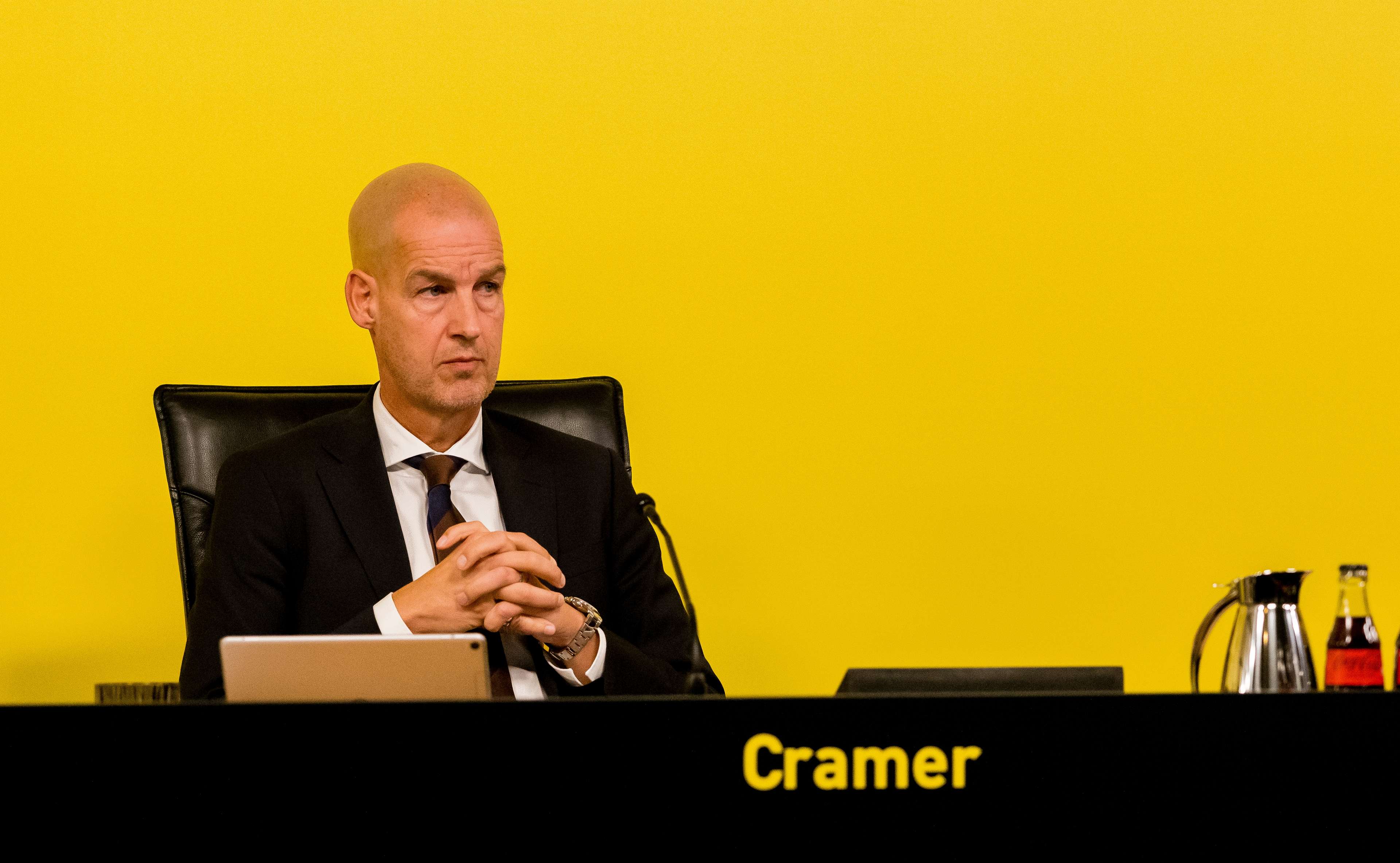 Borussia Dortmund
Borussia DortmundWith digitalisation, globalisation is another natural element of modern football. The game is growing bigger than ever all around the world and Asia is a market that football clubs have looked towards to further over the years. Borussia Dortmund are a great example of that, with Japanese midfielder Shinji Kagawa being a key cog in Jurgen Klopp’s BVB side that won the Bundesliga twice in a row during the 2010/11 and 2011/12 seasons, proving how Asian players can come and contribute at the highest level of the game.
So when Dortmund announced their ‘Who We Are’ series, which focused on showing the club’s values and traditions to the Asian countries, it was only logical to understand that the German institution wanted to become even more influential in those parts of the world.
“Well, first of all, we’re so happy that we’re present on so many different digital platforms, which makes it very easy to get in contact with different target groups and in different ways.”
“I think we know we have to reach people from different platforms with different contents. We have a team of almost thirty people accompanying the team to create content.”
"In order to bring Dortmund as close to the people as possible, and that’s a big advantage of the digital world, [that] even if you are not able to experience Dortmund in Dortmund, you can get in contact with us and, therefore, we are glad the documentary exists. A lot of media are interested in us and if you report about us, if you broadcast about us, you bring Dortmund to people’s homes and that is important to us. Therefore, I’m really glad that the people are interested in Dortmund, [and] that the media like to report and broadcast about us and our team like to produce as much individual content as possible in order to reach as many people as possible.”
This documentary will show a lot of Dortmund’s core values as a football club and one of them has certainly been their development of young talent. Ever since Klopp’s management period with the likes of Robert Lewandowski, Marco Reus and Mario Gotze to recent years with footballers such as Jadon Sancho, Christian Pulisic, Giovanni Reyna, Jude Bellingham and Erling Haaland, BVB has long been renowned as one of the best clubs to develop young players - and setting eyes to the Asian market, to widen their influence, seems like a logical progression.
When quizzed on whether we can expect more Asian talent in the Dortmund academy soon, Carsten did not hold back.
“Ah, that’s a difficult question. I guess you refer to Shinji Kagawa, who was the top Asian transfer. Now it’s accepted in the Bundesliga that many Japanese and South Korean footballers are playing, but I think it was Shinji [Kagawa] from Japan and Son [Heung-Min] for [Bayer] Leverkusen from South Korea who are the guiding lights of Asian football in the German Bundesliga. And I think it was Shinji who opened the door for many other Japanese players to follow.”
“Honestly, we don’t scout and select players by nationality. We look for the best talents, and it doesn’t matter whether they are from Germany, France, Poland, Japan, Singapore or Vietnam, it’s important that they are talented players. For sure, Shinji won’t be the last Asian player playing for Dortmund.”
Click here to catch the full interview on the BVB International Fan App.

